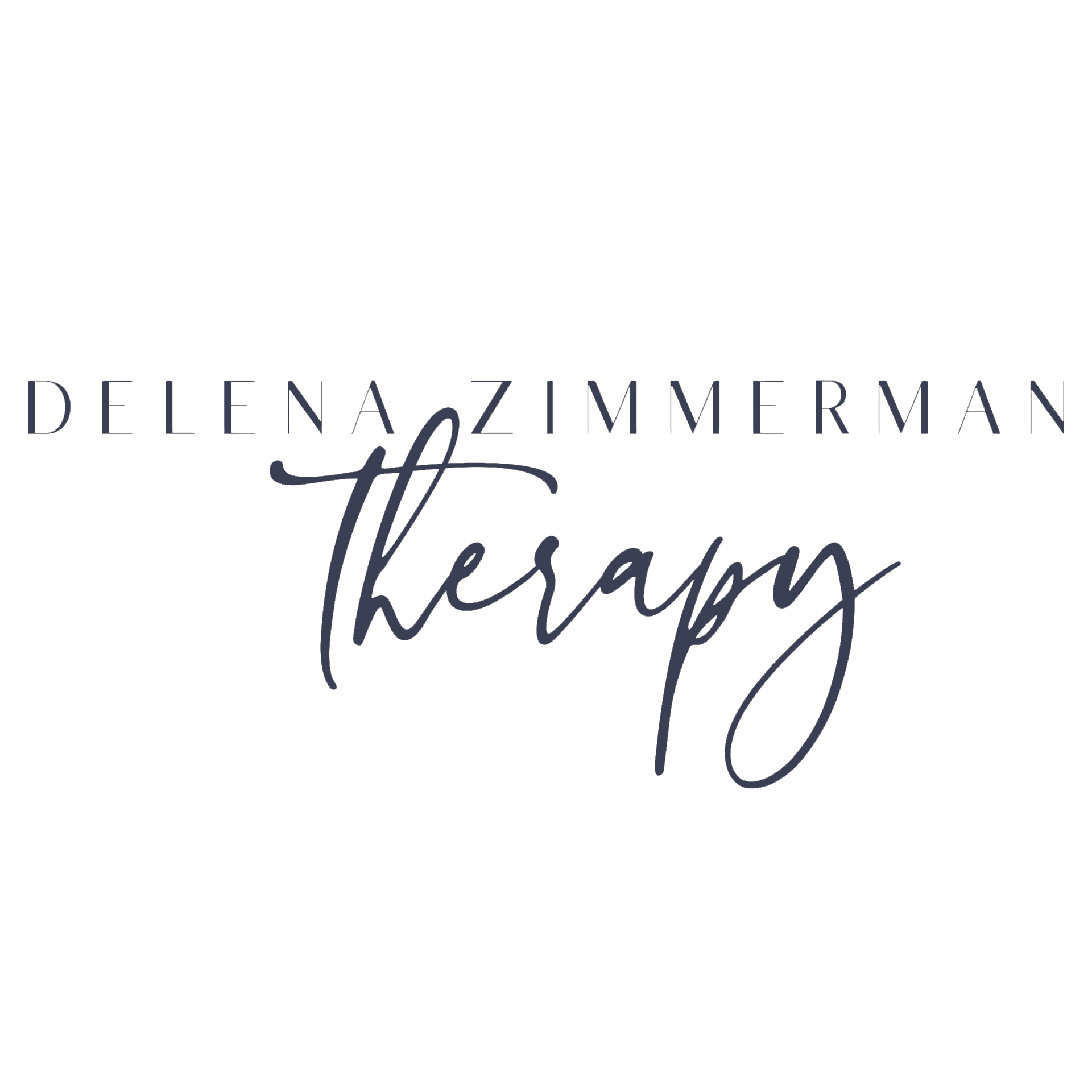Affirmative Therapy
I am committed to providing affirmative therapy to all clients, regardless of race, sexual orientation or gender identity. My therapy style embraces a positive view of Lesbian, Gay, Bisexual, Transgender, and Queer (LGBTQ+) identities while addressing the negative impact of homophobia, transphobia, and heterosexism on LGBTQ+ lives. If you are interested in an Affirmative Therapy experience, click on my ‘services’ page for individual, couple, or family therapy.
Benefits of Therapy
Your participation in therapy can result in a number of benefits for you.
Maximizing these benefits require effort on your part with an active involvement in your treatment. Honesty and openness are keys to change.
During therapy you will recall and talk about unpleasant events. There may be feelings or thoughts that can result in some discomfort. This is also your process in change.
However, consistent therapy and mindfulness practices can provide healthy coping skill to alleviate your symptoms. I love to assign homework or what I like to call “life work” for you to put into practical application.
You will learn to trust positive thinking and healthy coping skills to achieve greater insight to effect positive and lasting change.
Embracing Change
I may challenge some assumptions or perceptions that no longer serve you to effect change. I may propose different ways of looking at, thinking about, or managing situations. Letting go of old ways of thinking may feel upsetting or you may feel challenged or disappointed.
However, change is your goal and it is inevitable without effort. Psychotherapy has been proven to help you manifest a change in behaviors, employment satisfaction, substance use, educational goals, or relationship efficacy.
Refuse to stay the same!
Change will sometimes happen quickly, but more often it will take time and patience on your part. There is no guarantee that counseling will yield your idea of positive or intended results. You have an opportunity to trust your process.
During the course of therapy, I will utilize various therapeutic approaches according, in part, to the problem that is being treated, your choices, and feedback, and my assessment of what may benefit you most.
The Time Commitment
Most counseling clients come weekly. Committing to and prioritizing that time is ideal. Occasionally, people attend therapy more often. Still, others may reduce frequency once things improve.
Longer sessions are an option for those looking to get a jump start or if there’s a need for more intensive work for a set period of time; like with EMDR. Extended sessions can be helpful for busy clients who have trouble coming in weekly or who need intensive work.
About half of my clients come for a few months until they get back on track. This is considered shorter term counseling.
Some clients use therapy for a period of time, take a break, and return when they are ready or need to do more work.
About half of my clients benefit from longer term counseling. They may have long standing issues, substance abuse, alcoholism, difficult childhood or recent experiences, on-going stressors in their career, relationships, health, or families, or multiple issues that require a lengthier counseling process.
Endings
Having a planned ending to therapy is important. The length of counseling varies and is ultimately up to the you.
However, please let me know if you feel ready to complete your course of counseling. We can be responsible and have 1-2 wrap up sessions to solidify the gains you’ve made, and so I can make recommendations to maintain progress.



